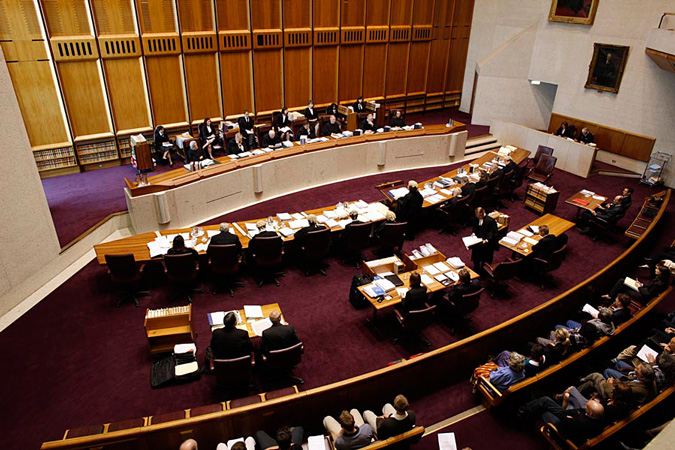What is the Process Appeal NSW: A Comprehensive Guide
Understanding the Importance of Process Appeal in NSW
Introduction
When dealing with legal matters in New South Wales (NSW), it is essential to understand the concept of process appeal. Process appeal refers to the right of individuals to challenge the fairness and legality of the procedures followed in a legal case. It ensures that the principles of natural justice are upheld, providing a safeguard against any potential miscarriage of justice. In this comprehensive guide, we will explore the process appeal in NSW, its significance, and the steps involved in filing a process appeal.
Key Elements of Process Appeal in NSW
Natural Justice
Natural justice is a fundamental principle that underpins the process appeal in NSW. It encompasses two essential elements: the right to be heard and the right to a fair and unbiased decision-maker. These principles ensure that all parties involved in a legal matter are given a fair opportunity to present their case and have their arguments considered in an impartial manner.

Procedural Fairness
Procedural fairness is another critical aspect of the process appeal in NSW. It requires that the procedures followed in a legal case adhere to the standards of fairness and due process. This includes providing adequate notice to the parties involved, allowing them sufficient time to prepare their case, and ensuring that the decision-maker is unbiased and impartial.
The Process Appeal Process in NSW
Identifying Grounds for Appeal
The first step in the process appeal in NSW is to identify the grounds on which the appeal is based. Common grounds for process appeals include:
Denial of natural justice: If a party believes that they were not given a fair opportunity to present their case or that the decision-maker was biased or prejudiced, they can appeal on the grounds of denial of natural justice.
Procedural irregularities: If there were significant procedural errors or irregularities during the legal proceedings that may have affected the outcome, a process appeal can be filed.
Filing the Notice of Appeal
Once the grounds for the process appeal have been identified, the next step is to file a Notice of Appeal with the appropriate appellate court. The Notice of Appeal should include the details of the case, the grounds for appeal, and any supporting evidence or legal arguments. For appeals see here.
Review and Determination
After the Notice of Appeal has been filed, the appellate court will review the appeal and determine whether it has merit. The court may request additional documentation or schedule a hearing to allow both parties to present their arguments.

During the review process, the court will consider the procedural fairness of the original legal proceedings and assess whether any errors or irregularities occurred. If the court finds that there were substantial procedural defects, it may order a retrial or set aside the original decision.
Appeal Hearing
In some cases, an appeal hearing may be conducted, where both parties have the opportunity to present their arguments before the appellate court. The court will carefully consider the evidence and legal submissions from both sides before reaching a decision.
Court’s Decision
Once all arguments and evidence have been presented, the appellate court will make a decision regarding the process appeal. The court may affirm the original decision, modify it, or set it aside, depending on the circumstances of the case.
Conclusion
The process appeal in NSW plays a crucial role in upholding the principles of natural justice and ensuring procedural fairness in legal matters. By allowing individuals to challenge the procedures followed in a case, it serves as a safeguard against potential miscarriages of justice. Understanding the process appeal process in NSW is essential for anyone involved in a legal matter to protect their rights and ensure a fair outcome.





